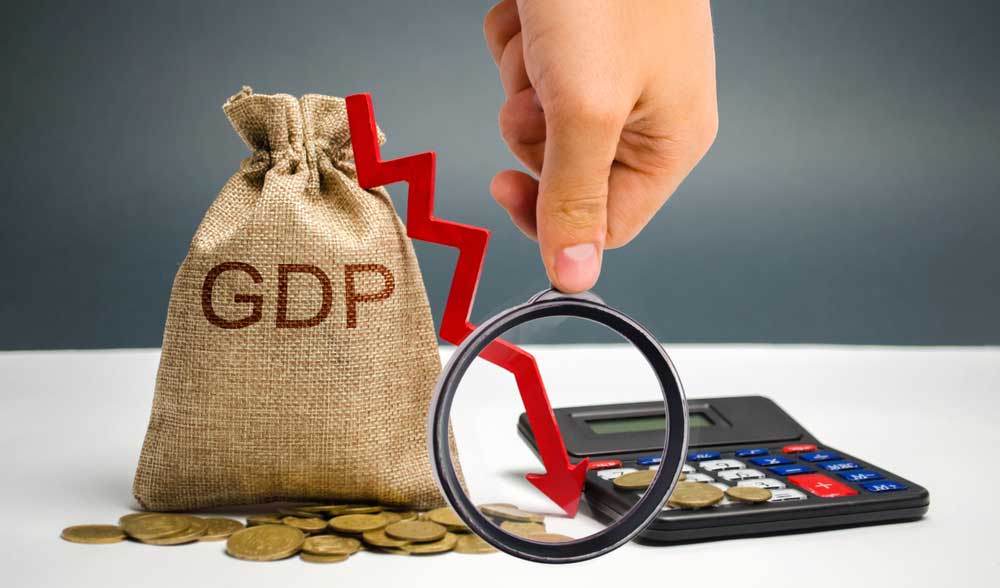The statistics ministry has constituted a 28-member standing committee on statistics (SCES), chaired by former chief statistician Pronab Sen, to improve the quality of data amid criticism of the government over political interference.
“The first meeting of the SCES is scheduled on January 6, 2020. The agenda would be very broad-based. We will come to know about that only in the first meeting next month,” Sen said while confirming that a committee has been constituted.
About the other members, Sen said, “The order to set up the committee has already been issued. But, I don’t have the details about other members. It has to be seen how many members come for the first meeting.”
Earlier in March this year, expressing concerns over “political interference” in influencing statistical data in India, as many as 108 economists and social scientists had called for restoration of “institutional independence” and integrity of the statistical organisations.
Their statement had come in the backdrop of controversy over revision of gross domestic product (GDP) numbers and withholding employment data by the National Sample Survey Organisation (NSSO).
The economist had said that for decades, India’s statistical machinery enjoyed a high-level of reputation for the integrity of the data it produced on a range of economic and social parameters.
“It (statistical machinery) was often criticised for the quality of its estimates, but never were allegations made of political interference influencing decisions and the estimates themselves,” they had said in an appeal.
They had appealed to all professional economists, statisticians and independent researchers to come together to raise their voice against the tendency “to suppress uncomfortable data” and impress upon the government to restore access and integrity to the public.
Earlier, in November this year, the ministry of statistics and programme implementation (Mospi) had decided not to release the Consumer Expenditure Survey results of 2017-18, citing data quality issues.
Mospi had also mentioned that an expert panel has recommended that 2017-18 would not be an appropriate fiscal to be used as a base year for the new GDP series.
The ministry had also said it was examining the feasibility of conducting the next consumer expenditure survey in 2020-2021 and 2021-22 after incorporating all data quality refinements.











